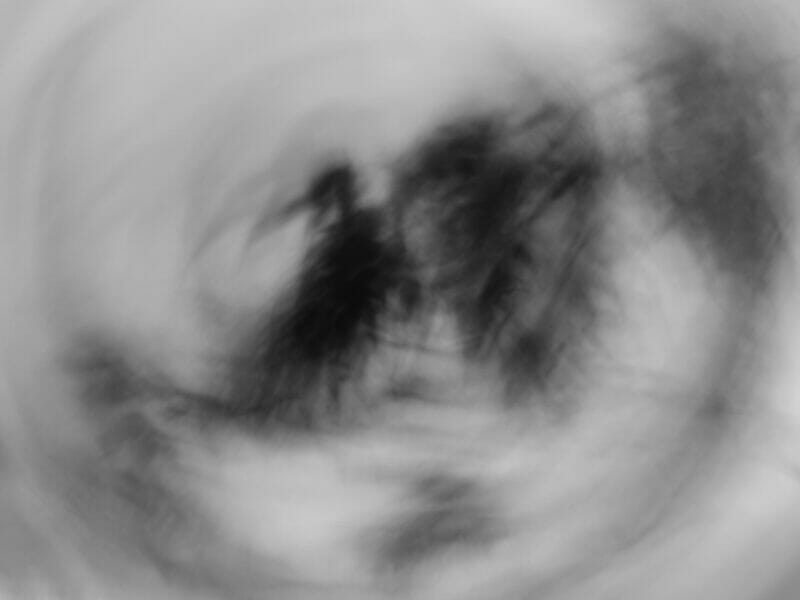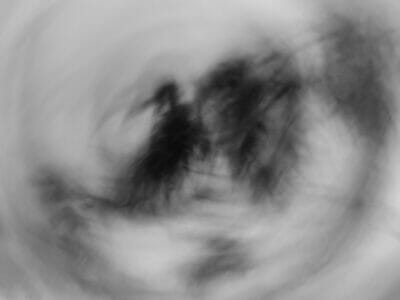Introduction to Melatonin and Dream Patterns
Melatonin is a hormone that plays a key role in regulating our sleep-wake cycle. It’s produced by the pineal gland in response to darkness and helps to induce sleep. Taking melatonin supplements can help to regulate your circadian rhythm and improve your sleep quality. It can also help with jet lag and other sleep disturbances.
People who take melatonin may experience vivid or bad dreams, depending on the dosage. Research shows that melatonin can increase the amount of REM sleep, which is associated with vivid dreams. It’s also been found that melatonin can cause nightmares and weird dreams. However, the connection between melatonin use and dreams is still unclear.
It’s possible that melatonin could cause vivid dreams or nightmares, depending on the dosage and the individual. It’s also possible that melatonin could cause bad dreams or nightmares, depending on the individual’s melatonin levels. It’s important to note that melatonin is a dietary supplement and should be taken with caution. It’s best to consult with your doctor before taking melatonin or any other sleep aid.
How Does Melatonin Work?
Melatonin is a naturally occurring hormone that helps regulate our sleep cycle. It’s released in the evening and helps us fall asleep. Taking a melatonin supplement can help people who have difficulty sleeping, but it can also cause side effects like nightmares or vivid dreams. Studies suggest that melatonin can affect the type of dreams we have, and that taking extra melatonin can cause more intense dreams and nightmares. People who take melatonin before bed may report having particularly vivid dreams, and some even report having scary dreams or intense nightmares.

It’s not clear exactly how melatonin affects our dreams, but some studies suggest that melatonin may lead to an increase in dream bizarreness. It’s also possible that taking different doses of melatonin can affect our dreams in different ways.
For example, taking 3 milligrams of melatonin may cause more intense dreams than taking 1 milligram of melatonin.
Melatonin is generally safe, but it’s important to talk to your doctor before taking any melatonin supplement. Following melatonin treatments, some people report having disturbing dreams, so it’s important to be aware of the potential side effects of melatonin.
Effects of Melatonin on Dreams
It’s no secret that melatonin plays a huge role in our dreams. But what exactly is the link between melatonin and our dreams? Well, it turns out that melatonin can cause both vivid dreams and intense nightmares. When you take the supplement, it increases the levels of melatonin in your body, which can cause vivid dreams. On the other hand, if you take too much melatonin, it can cause nightmares.
Melatonin is also used for the treatment of sleep disorders, and it’s been found to have some benefits for dream bizarreness. Studies have shown that melatonin is synthesized in the body and released during sleep, and that it can affect several specific aspects of dream bizarreness. It’s also been found that taking melatonin supplements can have the opposite effect, and can actually lower melatonin levels in the body, which can lead to fewer dreams when taking the supplement.
So, it’s safe to say that melatonin can affect exactly how your dreams are affected. However, it’s important to note that the amounts of melatonin may vary from person to person, so it’s best to talk to your doctor before taking any melatonin supplements.
Melatonin Dosage and Levels
Melatonin is a hormone that is naturally produced in the body and is responsible for regulating our sleep-wake cycle. It is released in response to darkness and helps us to fall asleep and stay asleep. The amount of melatonin produced in the body can vary from person to person, and it can also be affected by age, lifestyle, and other factors. Melatonin is also available in supplement form, and it can be used for the treatment of insomnia and other sleep disorders.
When it comes to melatonin dosage and levels, it is important to note that taking too much melatonin can cause nightmares and vivid dreams. Some people report having bizarre dreams when taking melatonin supplements, and it is unclear exactly how your dreams are affected by taking melatonin. However, it is believed that melatonin releases chemicals in the brain that can cause vivid dreams.
Melatonin also has many benefits, such as helping to regulate sleep-wake cycles, reduce stress, and improve mood. It is generally considered safe to take melatonin for sleep, but it is important to talk to your doctor about the types of melatonin and the correct dosage for you. Taking the right amount of melatonin can help you get a good night’s sleep and reduce the risk of nightmares and other side effects of melatonin supplements.

Benefits of Using Melatonin for Lucid Dreaming
Using melatonin for lucid dreaming has become increasingly popular in recent years.
It’s a natural hormone that’s released by the body and is believed to cause vivid dreams.
Melatonin production is triggered by darkness, so it’s no surprise that taking melatonin supplements can cause nightmares and dreams. Reports have shown that melatonin for the treatment of insomnia can help people fall asleep faster and stay asleep longer. It’s also been said that melatonin can cause vivid dreams, so it’s no wonder why people are turning to it for lucid dreaming.
Melatonin isn’t just for lucid dreaming though, it has many other benefits. It helps regulate your sleep cycle, releases melatonin when it’s dark, and is safe to use. It’s also been said that melatonin can help you remember your dreams better, so you can better understand exactly how your dreams are affected by taking melatonin supplements. People who take melatonin report having vivid dreams, and some even say they can control what happens in their dreams. So if you’re looking for a way to take control of your dreams, melatonin may be the answer. Plus, it’s safe to use and has many other benefits, so it’s worth giving it a try.
Conclusion
Melatonin is a hormone that is naturally produced in the body and is known to cause vivid dreams. It is also known to help with sleep and has many benefits. However, it is important to note that melatonin can also cause nightmares. Exactly how your dreams are affected by melatonin depends on the individual, but it is generally accepted that melatonin can cause both vivid dreams and nightmares. Dreams occur during the REM stage of sleep, and melatonin helps to regulate this stage. While melatonin isn’t the only factor that affects dreams, it is certainly a major one. It is also important to note that melatonin is generally considered to be safe, so if you are experiencing nightmares, it is not necessarily because of melatonin. Ultimately, it is difficult to say exactly how melatonin will affect your dreams, but it is important to be aware of the potential for both vivid dreams and nightmares.

FAQ’s:
Q1: Does melatonin cause nightmares?
A1: No, melatonin does not cause nightmares.
Q2: Does melatonin cause vivid dreams?
A2: Yes, melatonin can cause vivid dreams.
Q3: How may your dreams be affected by melatonin?
A3: Melatonin can help regulate your sleep cycle, which can affect the type of dreams you have.
Q4: What does melatonin do?
A4: Melatonin is a hormone that helps regulate your sleep cycle. It is released in the evening and helps you fall asleep.
Q5: Is melatonin safe?
A5: Yes, melatonin is generally considered safe when taken in the short-term.
Q6: When do dreams occur?
A6: Dreams typically occur during the REM (rapid eye movement) stage of sleep.
Q7: Does melatonin actually help you sleep?
A7: Yes, melatonin can help you fall asleep faster and stay asleep longer.



 Modafinil And Depression Support
Modafinil And Depression Support
